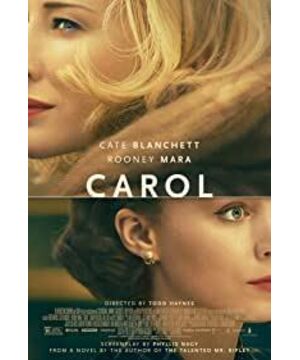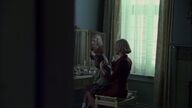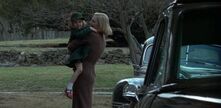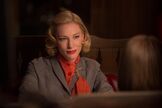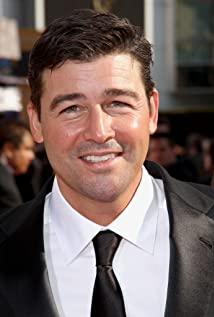The characteristic of melodrama lies in its popularity, in the use of plot routines that are familiar to the audience. Summarizing the plot of "Carol", we get nothing more than two points: two women glanced at each other one more time in the vast crowd and fell in love at first sight; To the blessed love suffers. If the audience scoffs at the film because of the "cliché" of the plot, then he is ignoring the true purpose of the film. What Hines wants to show is a feeling of love, a desire for two people to form a community to resist the loneliness of celibacy.
Precisely because of the vulgarity of the genre, melodrama in many moments pushes the audience away rather than tries to bring the audience into the characters. We have a detached relationship with the story and are constantly aware that we are observing the characters rather than thinking of them. This incomplete sense of distance is the key to the success of this work. While enjoying the atmosphere of love, we always realize that we are observing these two characters, and we can always keep our senses awake. Feel the beauty everywhere in the film.
Like Far From Heaven, Carol is set in the 1950s. This era should have infinite charm for Hines. On the one hand, it is the increasingly conservative social atmosphere. This undoubtedly gave Hines room to express his unique aesthetic feeling. Beauty is a sensual pleasure for him, so he creates a dream world that seduces the audience from auditory, visual, olfactory and tactile directions, rubbing our cheeks in the most comfortable way. For example, the color of the film is so crucial, the bright coat fur, the waterfall-like blonde hair, you can hardly imagine how the story would be made without them; for example, the soundtrack of the film is dense and warm, without it the film is like smoking Muscles and bones; or the long overdue sex scene in the climax of the movie, with perfect lighting and tight camera positions, this scene is one of the sexiest scenes in a movie I've ever seen.
The opposite of beauty is ugliness, which is what Hines is interested in. In his view, ugliness is the mortal enemy of beauty and the murderer of beauty. In the movie, beauty and ugliness are almost the relationship between the front foot and the back foot. Whenever love is strong, there will be ugly social reality jumping out to disrupt the situation. For example, the biggest bomb of the film will be followed immediately after the above-mentioned love scene. Hines used this to describe this social isolation as the encirclement and suppression of beauty.
Since the ugly is the society, then what is the beautiful? There is no doubt that it is love itself. Whenever the two heroines are in a state of longing for love, enjoying love, and suffering for love in the film, the film will bloom its most beautiful side, and every detail has a great weight. There's a wordless exchange of stares at the end of the film, the last time I saw such a meaningful, emotionally charged gaze in a movie was in "Barbara". And those details and the overall love vibe are the soul of this movie.
Purity, simplicity and clarity are not taken for granted in romantic films. The representative of this genre - David Lee and Noel Coward's tearful masterpiece "Meet and Hate" in 1945 Evening is the best embodiment of this virtue. Don't know why no critics have mentioned the film's influence on this one, because Carol echoes that movie at its best.
View more about Carol reviews


